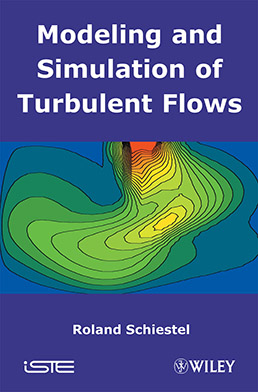
This book provides the fundamental bases for developing turbulence models on rational grounds. The main different methods of approach are considered, ranging from statistical modelling at various degrees of complexity to numerical simulations of turbulence. Each of these various methods has its own specific performances and limitations, which appear to be complementary rather than competitive. After a discussion of the basic concepts, mathematical tools and methods for closure, the book considers second order closure models. Emphasis is placed upon this approach because it embodies potentials for clarifying numerous problems in turbulent shear flows. Simpler, generally older models are then presented as simplified versions of the more general second order models. The influence of extra physical parameters is also considered. Finally, the book concludes by examining large Eddy numerical simulations methods.
Given the book’s comprehensive coverage, those involved in the theoretical or practical study of turbulence problems in fluids will find this a useful and informative read.
1. Fundamentals of statistical modeling: basic physical concepts.
2. Turbulence transport equations for an incompressible fluid.
3. Mathematical tools.
4. Methodology for one point closures.
5. Homogeneous anisotropic turbulence.
6. Modeling of the Reynolds stress transport equations.
7. Turbulence scales.
8. Advanced closures: new directions in second order modeling.
9. Modeling the evolution equations of the turbulent fluxes of a passive scalar.
10. The passive scalar variance and its dissipation rate.
11. Simplified closures: two- and three-transport equation models.
12. Simplified closures: zero- and one-transport equation models.
13. Treatment of low Reynolds number turbulence.
14. Wall treatment: methods and problems.
15. Influence of Archimedean forces.
16. Remarks on the problems posed by the study of complex flows.
17. Variable density turbulent flows.
18. Multiple scales models.
19. Large Eddy simulations.
20. Synopsis on numerical methods.
Roland Schiestel is a Research Director at the National Center for Sciemtific Research (CNRS), Paris, France.